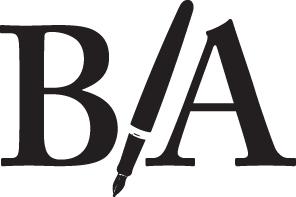The Things We Measure
We measure what we value. It's human nature. Money in the bank account. Words on the page. Books on the bookshelf. Country patches on the camera bag.
We measure what we need to be correct. Flour, sugar, and baking soda in a cake recipe. A piece of plywood for the roof of a doghouse. How many ibuprofen tablets for a headache.
These are easy things to measure, relatively speaking. What we value and what needs to be correct make sense. There's generally no resistance to measuring thing these kinds of things. I want to know how much value I have in hand. I also don't want to mess up the potential for a delicious piece of cake.
But there's a third reason for measuring. We also should be measuring the things we want to improve. That's why we count calories. It could also be why some count money or pay careful attention to word counts. Athletes measure their performances with incredible rigor and accuracy so they can get better.
What do you wish to improve? Start with a baseline measurement, and measure daily. Whether it's losing pounds or reading books, doing pushups or spending less time on social media, the only way to know if you're getting better is to measure and track.
Warning:
There will be resistance to measuring what you want to improve because your brain doesn't want to know how bad things are, sometimes. You're starting. Starting is hard. You feel like you suck, and it's easier to keep blinders on the eyes and ignore the reality. But that's not how to improve.
- Measure.
- Do a little work today.
- Measure tomorrow.
- Work some more.
Measured, daily progress will reap huge rewards over time.
It's how things work.

